Our commitment to eschew letter/number grades in favor of more nuanced forms of feedback is a foundation of our approach to teaching and learning. And we are proud to be leading a broad movement of 21st century schools approaching assessment from a researched-based, holistic perspective.
Reconsidering What We Know About Native American People, Culture, and History
As we read this story, we had one burning question - how can we replace our collective imagination of Native Americans with authentic experiences that increase our understanding? As students realized from the story above, good intentions are not enough. If we allow ourselves to remain ignorant, we can end up causing embarrassment at best, and trauma at worst.
Middle School Reflection on Black History Month
This year in middle school, PKS students have completed two projects (the first focused on the 2020 Election, the second focused on Newton’s laws of motion that included an egg-drop challenge). The current project is focused on game design, world building, myth, and fantasy. Students are currently working in groups to design D&D campaigns, escape rooms, and choose-your-own adventure stories for Chinese gamers. (Our final project, which will begin in late March, is titled X也和tā, and is focused on a cross-cultural analysis of gender norms.)
Draw a Scientist
Instructions: Please spend five minutes drawing a scientist. Add as much detail as you can. There is no correct answer; just use your creativity and draw what comes to mind.
As you may suspect, the 'draw-a-scientist' test is not merely about art. It is, in fact, a well known experiment that has been given to tens of thousands of children over the last fifty years, and it can reveal trends in children's beliefs and stereotypes about scientists.
What to Expect from the Student-Led Conferences
2019 Dali Trip Journal
Advocating for Change
And the Teacher Becomes the Student….
Building a Middle School Community
Movement: The Brain Trainer
Children move in a variety of ways and each time they move, they learn something new. Our bodies are our first point of reference, our own compass, everything we do from birth involves our body moving in some form and from this we learn a variety of gross and fine motor skills. Learn how our movement program helps create a whole body to brain relationship, which helps with reading and learning.
A Reflection on Wonderworks
Sex, Drugs, and…Thomas the Train
We were pleased to host Charis Denison once again for a recent PKS学习 event. Each year when she visits, we take a moment revisit our approach to what used to be called “sex ed.” Schools like ours base this part of the curriculum on research that shows that “the biological, cultural, and ethical components of ‘sex ed’ must be part of a holistic effort to help each child develop an integrated, confident sense of self.”




